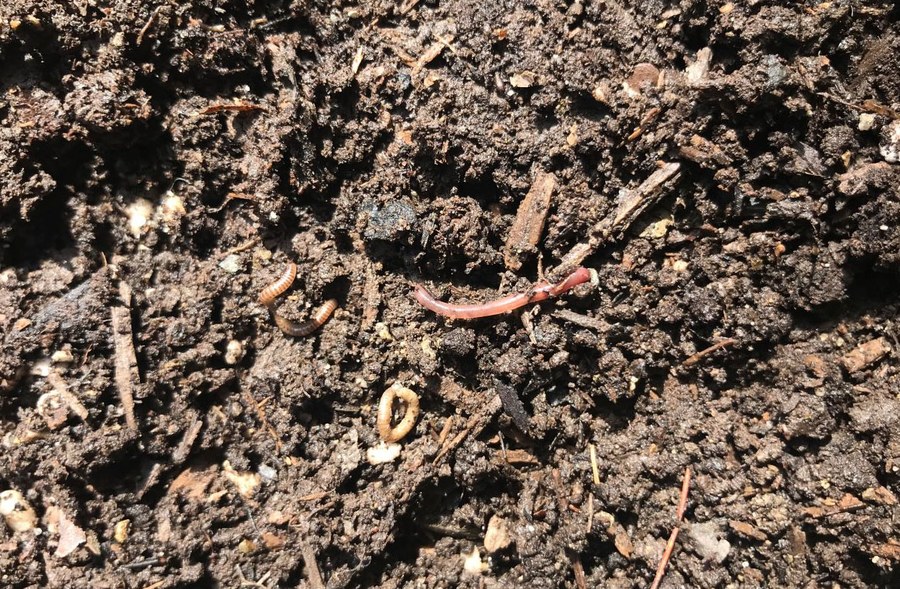An invasive type of worm from Asia is posing a new challenge to Midwest gardeners. In gardens and yards, these jumping worms are wreaking havoc, so you need to take precautions to save your prized plants. Because they are tenacious and lack natural predators in the United States, these worms can proliferate quickly and cause destruction wherever they go.

The Asian jumping worms eat the soil, leaving it depleted and in bad condition. Their insatiable appetite modifies the structure of the soil, causing it to lose moisture retention and become depleted of nutrients. This makes the soil more susceptible to erosion, which further complicates the situation for plants trying to grow.
These worms may be really scary in addition to harming the soil. Despite the term suggesting they may “jump,” they move more like a twisted snap, which contributes to their unsettling appearance. Several states have acted to stop this dangerous invasion because they understand how important it is to handle this matter. Wisconsin, Missouri, Illinois, Iowa, Minnesota, Nebraska, Ohio, Texas, Louisiana, Indiana, Kansas, Kentucky, Tennessee, and Oklahoma are among the states that are impacted.
If you see these worms, you should get rid of them immediately to protect your garden. By stealing nutrients from the soil, these invasive worms deprive nearby plants and animals of their food supply. The local ecosystem deteriorates in the absence of a suitable habitat, which causes a decrease in the number of plants and animals.
There are steps you may take to fight these worms if you live in one of the impacted states. The University of Wisconsin-Madison Arboretum’s Brad Herrick, an ecologist, advises sprinkling a mixture on the ground to encourage the worms to come up for air and leave their underground homes. This technique can shield your garden from them and help lower their population.
A distinguishing feature of the Asian jumping worm’s body is a white ring that is situated near to its head. It’s best to get rid of these worms right away if you find them. Any mature worms you find should be disposed of after being placed in a plastic bag and left in the sun for at least 10 minutes. Furthermore, it’s crucial to avoid buying these worms for composting, gardening, or bait. Since their eggs cannot withstand temperatures higher than 104 degrees Fahrenheit, only purchase mulch or compost that has been thoroughly heated to reduce the chance of their spreading.
We can preserve the health and vibrancy of our ecosystems as well as our gardens by acting proactively to combat this invasive plant. By working together, we can end the jumping worm’s destructive reign and bring harmony back to our Midwest gardens. To find out more about these invasive worms and their effects, watch the video below:





